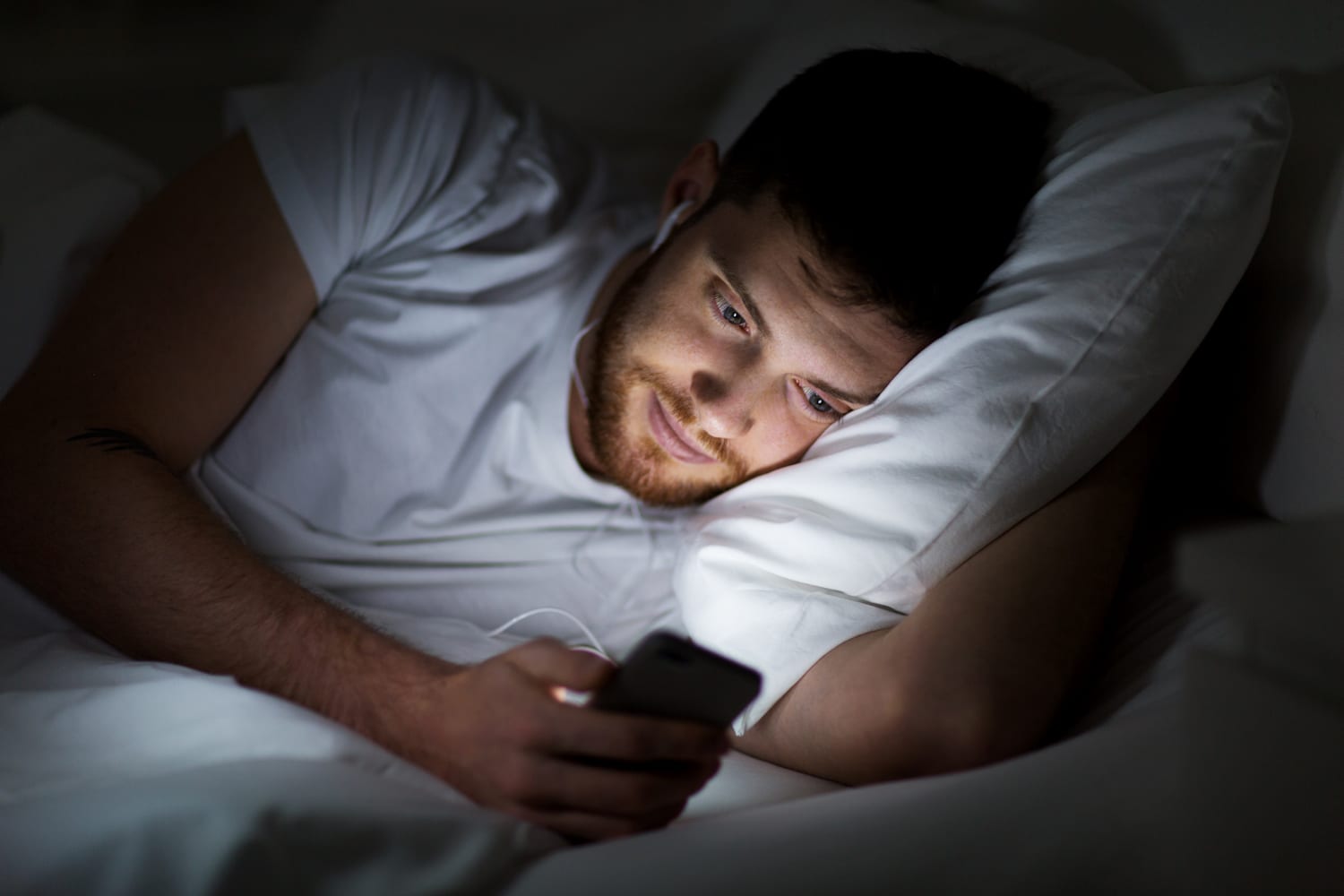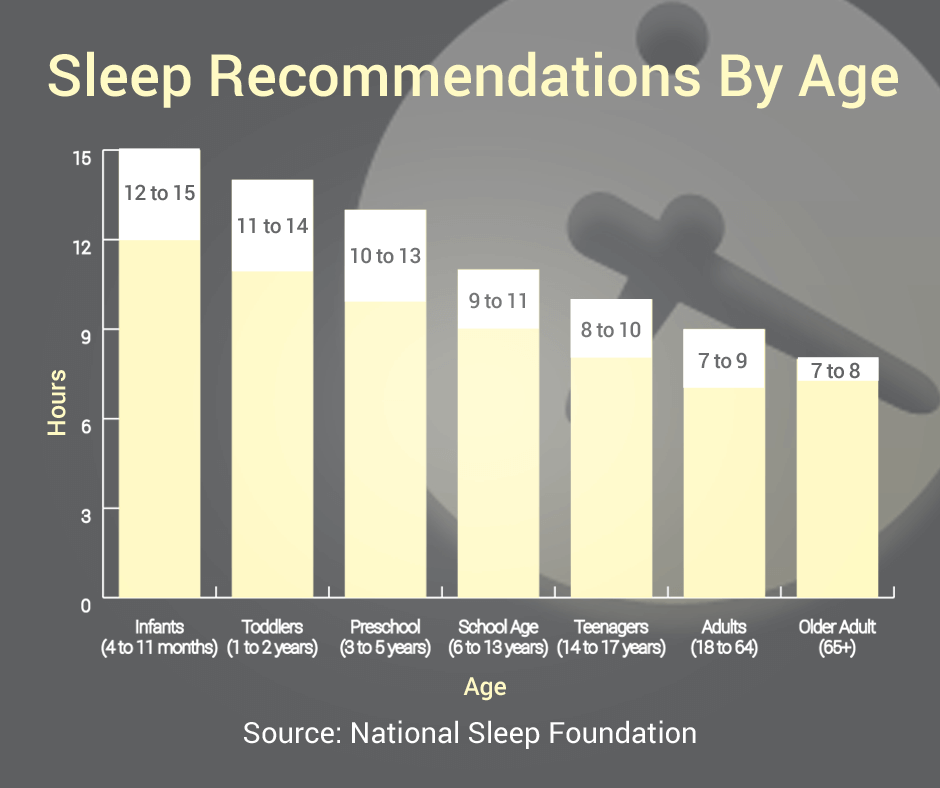Are you reaching for your phone late at night, scrolling through endless social media feeds? You’re not alone.
Many of us find ourselves caught in this nightly ritual. But have you ever wondered how it affects your sleep? This isn’t just about feeling tired the next day. It’s about how social media might be impacting your overall health and well-being.
Imagine waking up refreshed, ready to tackle the day, instead of feeling groggy and irritable. Understanding the connection between social media and sleep could be your key to achieving that morning vitality. Dive into this article to uncover surprising insights and practical tips that might change how you use social media at night, helping you reclaim your sleep and boost your energy.
Social Media Usage Patterns
Social media has become an integral part of daily life. It offers connectivity and engagement. Yet, its impact on sleep is significant. Different usage patterns affect sleep differently.
Frequency And Duration
The frequency of social media use varies among individuals. Some check their feeds multiple times daily. Others spend hours scrolling. Frequent use can lead to increased screen time. This often disrupts natural sleep cycles. Prolonged exposure to screens affects melatonin production. This hormone regulates sleep. Reduced melatonin levels can disturb sleep quality.
Nighttime Scrolling Habits
Many people scroll through social media at night. This habit is common before bedtime. Nighttime scrolling can delay sleep onset. The blue light from screens keeps the brain alert. This reduces the feeling of sleepiness. Engaging content can also be stimulating. It makes it harder to relax and fall asleep. Sleep deprivation becomes a risk with this habit.

Credit: www.sleepfoundation.org
Psychological Effects
The psychological effects of social media on sleep are significant. Social media platforms can influence mental health, impacting sleep quality. People often scroll through feeds before bed, disrupting their natural sleep cycle. Let’s explore how social media contributes to anxiety, stress, and the fear of missing out.
Anxiety And Stress
Social media can trigger anxiety and stress. Constant notifications keep the brain alert. These interruptions prevent the mind from unwinding before sleep. Comparing oneself to others online can also increase stress levels. People feel pressured to match the ideal lives presented on social media. This pressure can make it hard to relax and fall asleep. Stress and anxiety often lead to insomnia or restless nights.
Fear Of Missing Out
Fear of missing out, or FOMO, is common among social media users. People worry about not being part of online conversations or events. This fear leads to late-night scrolling. Users check updates frequently, even when they should sleep. FOMO can cause a cycle of checking and re-checking social media. This cycle disrupts sleep patterns and affects overall rest. The constant need to stay updated prevents deep relaxation.
Physical Implications
Social media has become a significant part of daily life. It affects many aspects of health, especially sleep. The physical implications are hard to ignore. This post explores how social media impacts sleep physically.
Blue Light Exposure
Most screens emit blue light. Phones, tablets, and computers are common sources. Blue light affects sleep. It tricks the brain into thinking it is daytime. This can stop the release of melatonin. Melatonin is a hormone that helps sleep. Reduced melatonin makes falling asleep harder. Using screens before bed can delay sleep.
Sleep Quality Disruption
Social media can disrupt sleep quality. Notifications can wake users up at night. Constant alerts disturb deep sleep. Poor sleep quality leads to feeling tired during the day. Sleep cycles are also affected. Deep sleep and REM sleep are important. They help the body recover and the mind process information. Disturbances can lead to poor health and concentration.
Credit: www.sleepstation.org.uk
Sleep Disorders
Social media impacts sleep in more ways than one. Sleep disorders are often linked to excessive screen time. Many people experience sleep issues due to late-night browsing. The bright screens of phones and tablets can disturb sleep patterns. Let’s explore some common sleep disorders related to social media use.
Insomnia
Insomnia is a common sleep disorder. It involves difficulty falling or staying asleep. Social media can worsen insomnia. Notifications might disrupt sleep. Scrolling at night keeps the brain active. This makes it harder to unwind. As a result, quality sleep becomes elusive.
Delayed Sleep Phase Syndrome
Delayed Sleep Phase Syndrome affects your internal clock. Social media is a big culprit. People often lose track of time online. This shifts their natural sleep schedule. They go to bed later and wake up later. This can lead to difficulties in daily functioning. The cycle becomes hard to break.
Demographic Variations
Social media’s impact on sleep varies significantly across different demographics. You might find that your age or gender could play a role in how social media affects your sleep patterns. Understanding these variations can help you manage your screen time more effectively and protect your sleep.
Age Differences
Age is a significant factor in how social media influences sleep. Teenagers and young adults often experience more sleep disruption due to social media. They might stay up late scrolling through TikTok or Instagram, losing valuable hours of sleep.
Older adults generally have different social media habits. They may use platforms less frequently or engage in less stimulating content, which could mean less interference with sleep. Consider how your age group interacts with social media and how it impacts your nightly rest.
Gender Influences
Gender can also affect how social media impacts sleep. Studies suggest that women may be more susceptible to sleep disturbances from social media use. They might feel more pressure to respond quickly to messages or maintain their online presence.
Men could have different social media patterns, perhaps engaging more with video content or gaming, which can also lead to late-night activity. Reflect on how your gender might influence your social media habits and its effect on your sleep.
Are you aware of how your demographic influences your social media use? Recognizing these patterns can empower you to make changes that improve your sleep quality.

Credit: www.mclaren.org
Strategies For Better Sleep
Social media is a constant presence in our lives, often intruding into our sleep. As you scroll through endless feeds, you might notice your bedtime creeping later and later. This can lead to disrupted sleep patterns and feeling groggy during the day. But fear not! There are strategies to help you reclaim your restful nights.
Setting Screen Time Limits
Imagine winding down without the glow of your phone. It’s possible by setting screen time limits. Try setting an alarm that reminds you to put your phone away at least an hour before bedtime. Your mind needs this time to relax and prepare for sleep.
Ever felt the urge to check just one more notification? You’re not alone. Limit your screen time by using apps that block access to social media after a set hour. These apps make it easier for you to resist temptation and prioritize sleep.
Consider creating a nightly routine that involves non-digital activities. Reading a book or practicing mindfulness can be more relaxing than endless scrolling. You’ll find yourself falling asleep faster and waking up more refreshed.
Promoting Digital Detox
Have you ever considered a digital detox? Taking breaks from social media can drastically improve your sleep. Set aside one weekend a month to unplug and embrace life offline. This can reset your sleep habits and boost your overall well-being.
Feeling brave? Try a full detox by deleting social media apps temporarily. This bold move can help break the cycle of dependency and allow your mind to rest. You might be surprised at how much calmer you feel without constant notifications.
Reflect on how social media affects your mood and sleep. If you find it draining, it might be time for a break. Engaging in activities like hiking or cooking during your detox can be rewarding and rejuvenating.
How can you incorporate these strategies into your daily life? Start small and build up gradually. Your sleep quality is worth the effort, and these strategies can lead to significant improvements.
Frequently Asked Questions
How Does Social Media Impact Sleep Quality?
Social media can disrupt sleep by exposing users to blue light, reducing melatonin production. Engaging content can also delay bedtime, leading to insufficient rest. Frequent notifications may disturb sleep cycles, impacting overall sleep quality. Limiting screen time before bed can help mitigate these effects and improve sleep quality.
Can Social Media Cause Insomnia?
Excessive social media use can contribute to insomnia by stimulating the brain and delaying sleep onset. Engaging in emotional or stressful interactions online may also increase anxiety, making it harder to fall asleep. Establishing a bedtime routine and avoiding screens before sleep can help reduce insomnia risk.
Does Social Media Affect Teenagers’ Sleep Patterns?
Teenagers often experience sleep disruption due to late-night social media use. The desire to stay connected can lead to delayed bedtimes and reduced sleep duration. This lack of sleep can impact academic performance and overall well-being. Encouraging healthy screen habits can help improve teenagers’ sleep patterns.
How Can I Reduce Social Media’s Impact On Sleep?
To reduce social media’s impact on sleep, establish a digital curfew an hour before bed. Use blue light filters on devices and disable notifications during sleep hours. Practice relaxation techniques like reading or meditation to unwind. Prioritizing a consistent sleep schedule can also improve overall sleep quality.
Conclusion
Social media can greatly impact sleep quality. Late-night scrolling disrupts rest. Blue light from screens affects melatonin levels. This makes falling asleep harder. Healthy sleep is crucial for overall well-being. Limiting screen time before bed helps improve sleep. Try reading a book instead.
Create a bedtime routine for better rest. Sleep affects mood and health. Prioritize sleep to feel better each day. Consider setting a digital curfew. Technology-free zones can also help. Your mind and body will thank you. Sleep well, live well.
